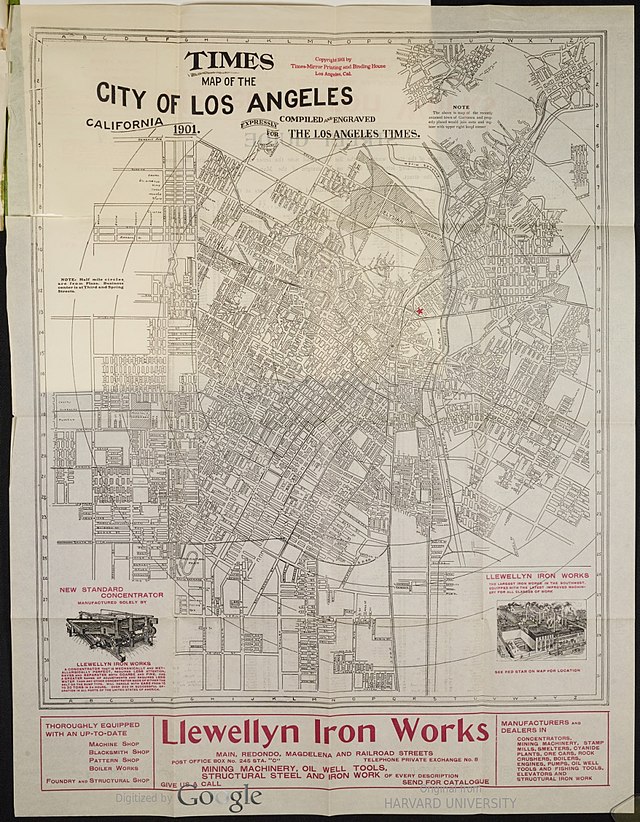Music has a powerful effect on the way we feel. It can brighten our mood, calm us down, or even bring out emotions we didn’t realize were holding onto. Scientists have studied how music changes our brain chemistry and influences emotions like happiness, sadness and stress. The secret lies in how our brains respond to rhythm, harmony,and tempo
Music can uniquely affect how we feel, from lifting our spirits to bringing tears to our eyes. Scientists have found that the music we listen to can actually change the chemicals in our brain, which affects how we feel emotionally. Weather its happiness, sadness, or something in between, it all depends on how our brain reacts to things like rhythm, harmony, and tempo. Whether it’s upbeat songs that energize us or soft melodies that soothe the soul, music can invoke joy, nostalgia, excitement, or even sadness, depending on its melody and tempo. This article explores the fascinating science behind how music affects our brain chemistry and explains how certain sounds and chords can trigger emotions, making us feel more energized or relaxed.
The influence of music on our emotions has been studied for decades, but recent research shows that there is something deeper than just simply feeling happy or sad when you listen to a sad song. Whether you’re at a concert or simply listening through headphones at home, music surrounds us and influences our emotions no matter where we are. Music is more than just entertainment; it can also be a powerful tool for mental health and productivity. It can energize, soothe, and even help with relaxation and focus while studying. A science expert’s insight will reveal how music stimulates the brain, releasing chemicals like dopamine and cortisol. These chemical reactions explain why a song can change your mood, making you feel joyful, nostalgic, or relaxed.
Listening to music is more than just an emotional experience and a biological reaction.
No matter if you’re just a casual listener to a serious music lover, we’ve all felt those emotional shifts when hearing certain songs. According to Dr. Valorie Salimpoor, a neuroscientist at McGill University, says music has the power to trigger dopamine, a chemical in our brain that’s linked to feelings of happiness and reward. This is why fast, upbeat songs can lift our mood almost instantly. On the other hand, research from the university of Groningen shows that slower, sad songs can increase the production of hormones that actually comfort us during tough emotional moments. Fast-paced songs with strong rhythms can even boost adrenaline, making us feel more alert, while slower, soothing melodies help reduce cortisol levels, lowering stress and promoting relaxation. Music doesn’t just affect the brain in clinical studies.
It shows up in real-life experiences, especially relevant for people who play or teach in school music programs. Students aren’t just learning notes. They’re training their minds to focus, interpret, and express emotions in real-time. Many teachers have seen firsthand how music shapes, not just emotions, but also how students think and even handle stress. That connection between emotional expression and mental discipline is something that educators like Mr. Alex Ramirez see every day in their classrooms.
According to Mr. Alex Ramirez, Music Director of John Marshall High School, music is more than just a sound, it’s both a sport and an art. In his third year at the school, he has been working to build a strong and diverse music program while preparing his jazz students for upcoming festivals. Ramirez believes that music stimulates the brain in ways other activities do not. “Music is its [own] language,” he explained, emphasizing that those who engage with it tend to be more organized in their day-to-day routine.
He shared that he once spoke with [computer technology] professionals who compared music to a type of code, a system with its signs, rules, and structure. Just like with coding, music follows patterns that must be interpreted and performed in specific ways. He also described music as a universal language. Even if you don’t speak the same language as someone else, you can still play music together. Ramirez said. “Shared experiences can communicate emotion and meaning without a single word”.
Music shapes emotions, changes brain chemistry, and can even improve how we think and function. Whether it’s used for relaxation, motivation, or self-expression, music remains one of the most powerful tools we have for feeling connected with ourselves and other people.



























